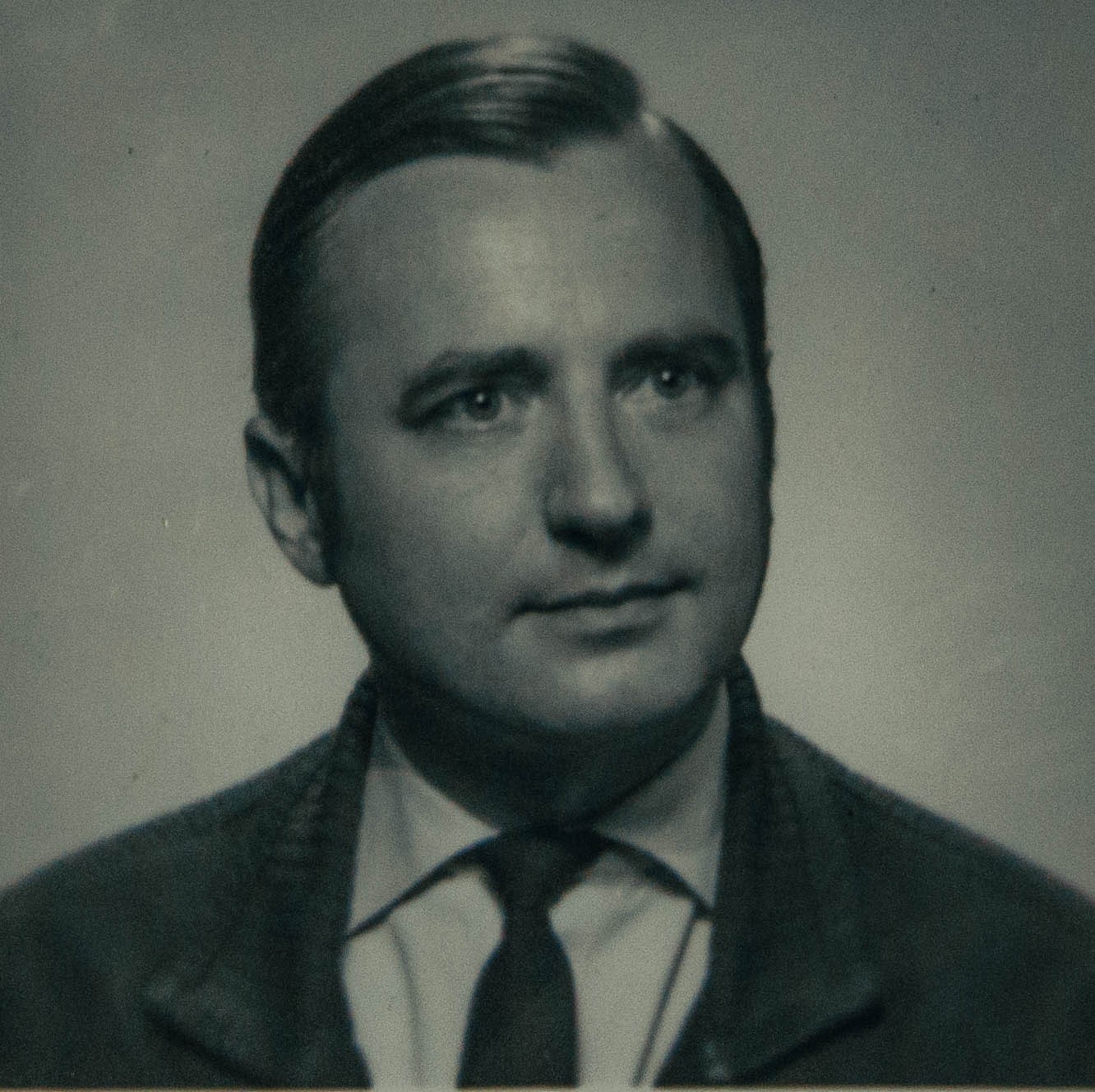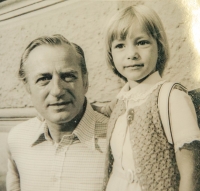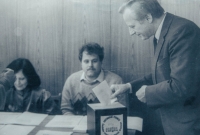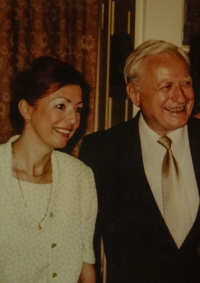I avoided the Germans, they treated us like intruding insects.

Download image
Bohdan Sekowski was born on 31 May 1929 in Liberec to Kazimierz and Maria Sekowski. His father, Kazimír Sekowski, was a tradesman and dealer in woodworking tools. His mother Marie helped her father with his business. The family lived in Liberec for several years, and when little Bohdan was five years old, they moved to the Polish town of Zakopane. There Bohdan Sekowski started first grade, but did not finish it because the family moved to Prague due to the economic crisis. In Prague, he graduated from a municipal school and then from a real grammar school. He also lived through the Second World War there. After graduating in 1948, he was not admitted to any university because of his bourgeois background. He changed many professions, working as an accountant or apartment manager. He took an indifferent attitude towards the communist regime. Both of his siblings emigrated to West Germany under socialism. Bohdan Sekowski was married twice, he and his wife raised a son Michal and a daughter Irena. In May 2024 he was living in Prague.








